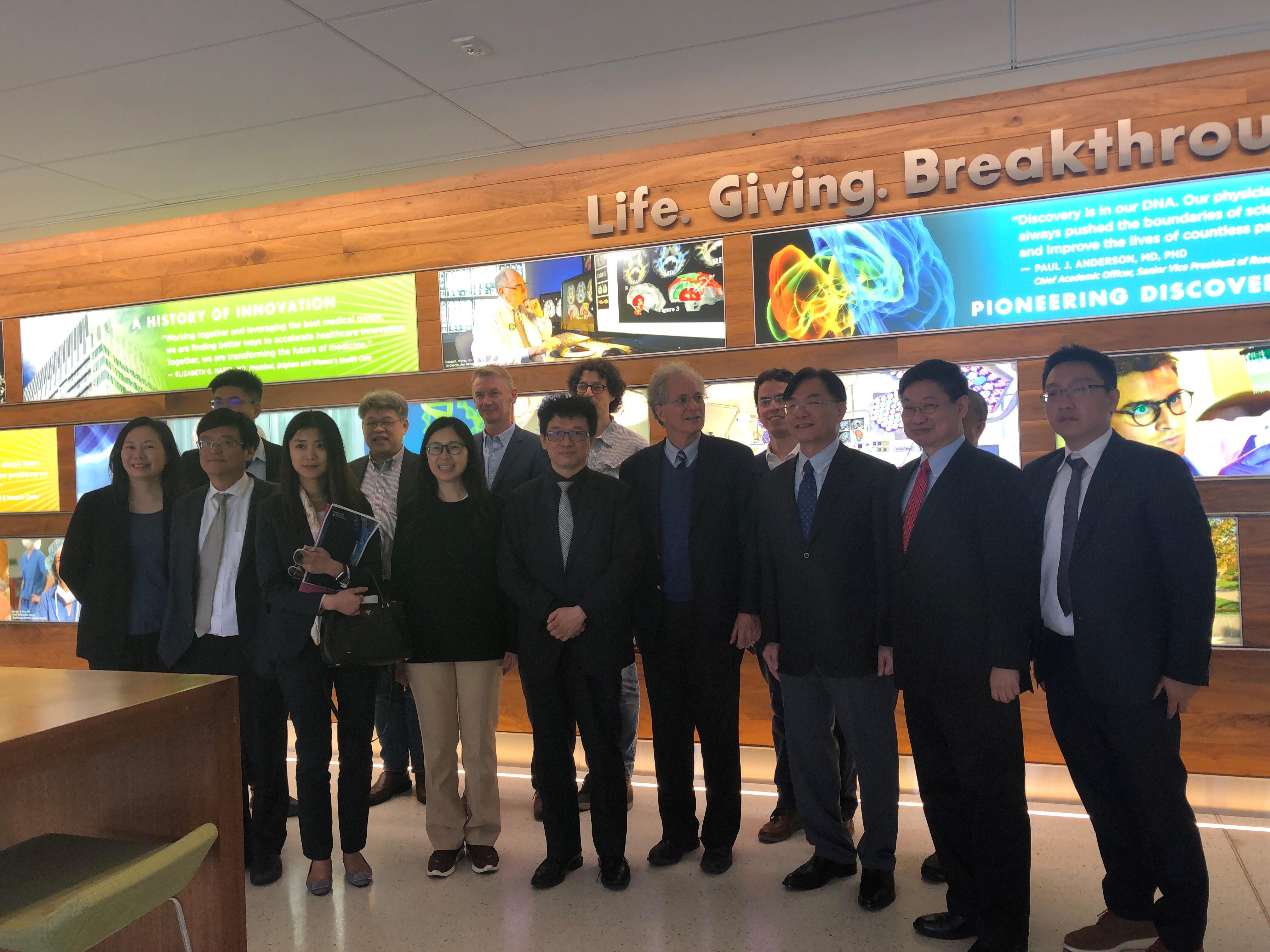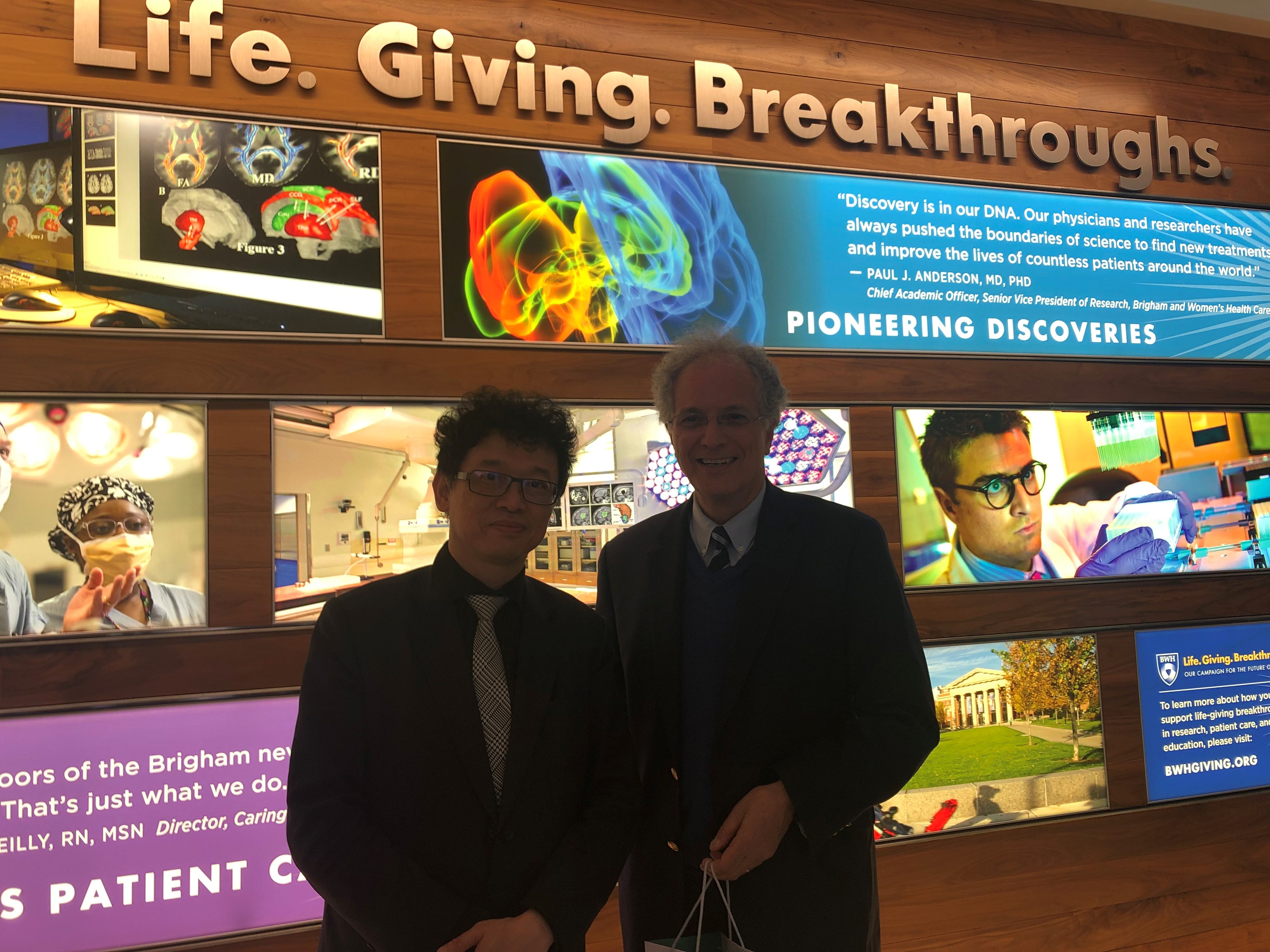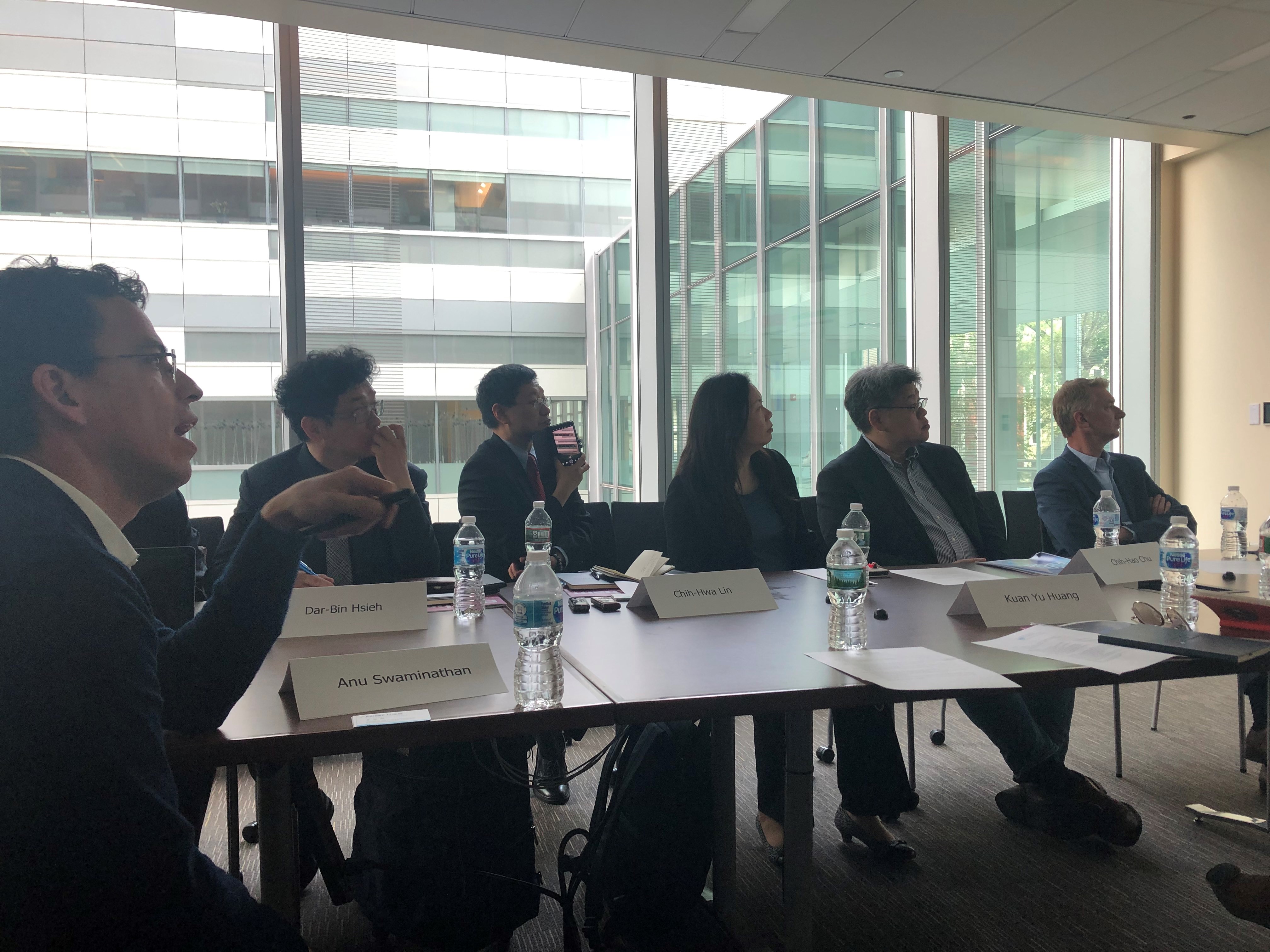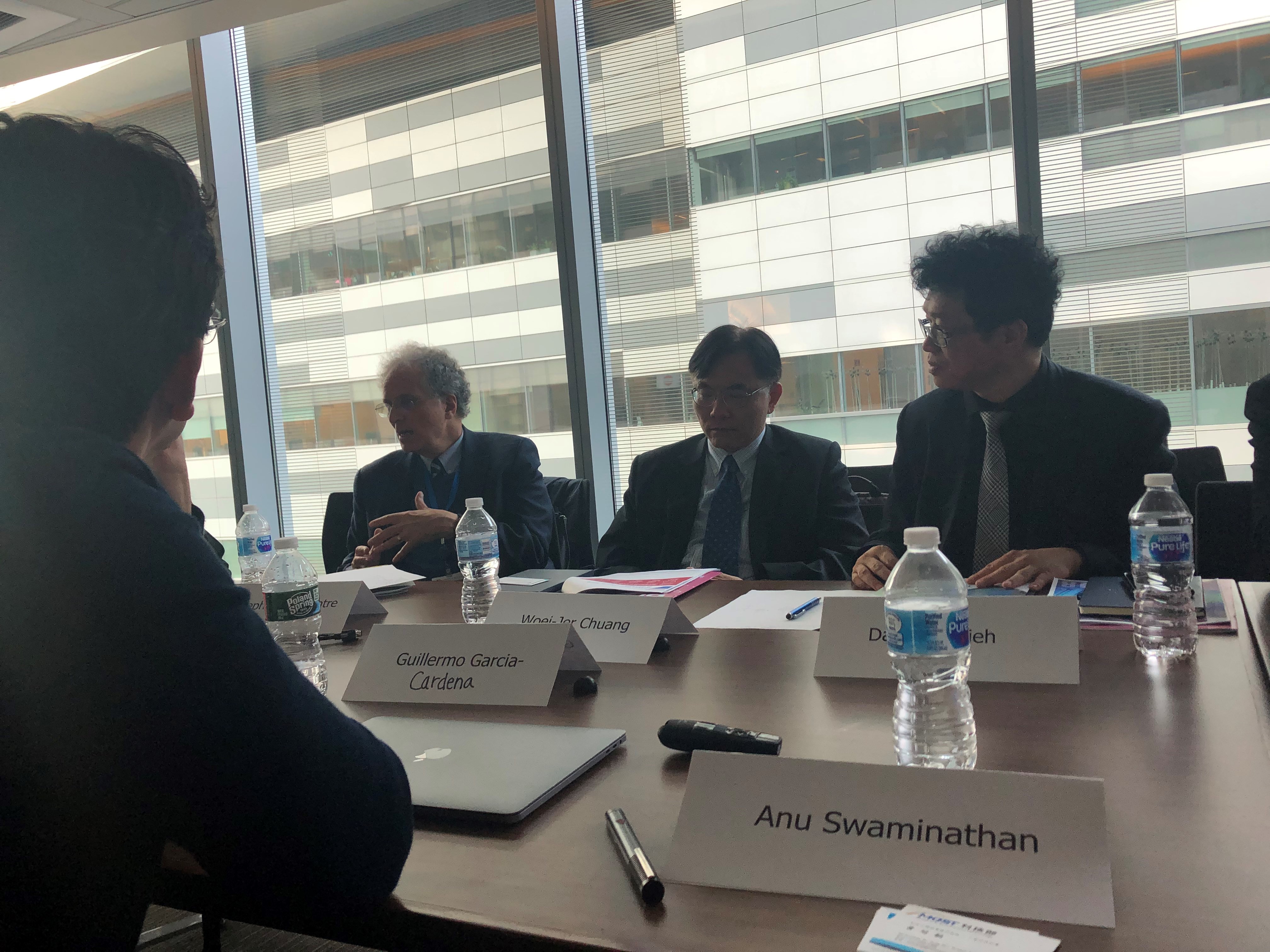Athena Petrides, PhD and Joji Suzuki, MD were named the two winners of the McGraw Family Opioid Innovator Award. Out of the five projects pitched, Petrides and Suzuki were voted the winners, each receiving $50,000 to advance their work.
Since 2012, Brigham & Women’s Hospital has been hosting shark tanks to fund innovative and high-risk/high impact projects in the basic, clinical, digital and translational realms through its Health & Technology Innovation Awards. Sponsored by the Brigham Research Institute (BRI) and the BWH Health & Technology Subcommittee, these awards aim to advance projects that have the potential to make an impact in one or more of the following domains – biomedical research, healthcare delivery, the generation of new companies/products/services, cost savings, care quality and provider burnout. Since 2012, more than $1 million has been distributed to BWH investigators through these awards.
This year, with the generous support of the McGraw Family, this cycle’s Request for Applications includes a special track focused on advancing innovations related to solving the opioid crisis which has resulted in the loss of over 2000 lives in the past year in Massachusetts alone. Novel ideas that seek to address questions and challenges related to the opioid epidemic including, but not limited to, research on addiction, adverse effects, alternate pain management strategies, genetic susceptibility to opioid abuse, new tools for opioid research, diagnosis/treatment, management of infectious diseases related to opioid abuse, withdrawal, personalized medicine will be awarded.
Shark Tank Winner
Athena Petrides, PhD, Assistant Professor, Pathology, BWH
DigiToxRX: Treating Pain is No Longer Painful
Interpreting urine toxicology results is a time-consuming and complex task for clinicians prescribing opioids. Approximately 500 toxicology results are misinterpreted annually at Brigham and Women’s Hospital, potentially leading to inappropriate opioid refills and discontinuation of appropriate opioid treatment. DigiToxRx offers a complete solution, which encompasses a novel testing methodology paired with software that automates personalized toxicology interpretations. Our recent study demonstrated that personalized interpretations improved clinician confidence in result review by 34% and increased the speed of review by 46%. Financial support of DigiToxRx will allow us to automate personalized interpretations and to scale this service across Partners and potentially other healthcare systems.
Shark Tank Winner
Joji Suzuki, MD, Assistant Professor, Psychiatry, BWH
Pilot Study of cannabidiol (CBD) for the treatment of opioid use disorder
Research has shown that buprenorphine (suboxone) reduces the risk of overdose among individuals with opioid use disorder (OUD) by up to 70%. However, 50% of patients will leave treatment in the first 6 months, partly due to the emergence of strong cravings in response to cues. Recent animal and human studies demonstrate that cannabidiol (CBD), a non-addictive constituent of marijuana, helps to blunt the cravings that emerge after exposure to cues. Our team propose to conduct a pilot study to determine if CBD will reduce cue-induced cravings among OUD patients currently taking buprenorphine. If successful, this study will lay the groundwork for a NIH-funded study to conduct a series of human trials with CBD for OUD patients as an adjunct to buprenorphine treatment.
Other Finalists
Peter Chai, MD, MMS, Assistant Professor, Emergency Medicine, BWH
Enabling smart sewers to measure community level opioid and naloxone consumption
Christopher W. Connor, MD, PhD, Assistant Professor, Anesthesiology, BWH
Imaging opioid effects, tolerance and addiction in C. elegans
R. Jason Yong, MD, MBA, Instructor, Anesthesiology, BWH
Smart Pill Dispenser to Enhance Opioid Compliance and Patient Outcomes




